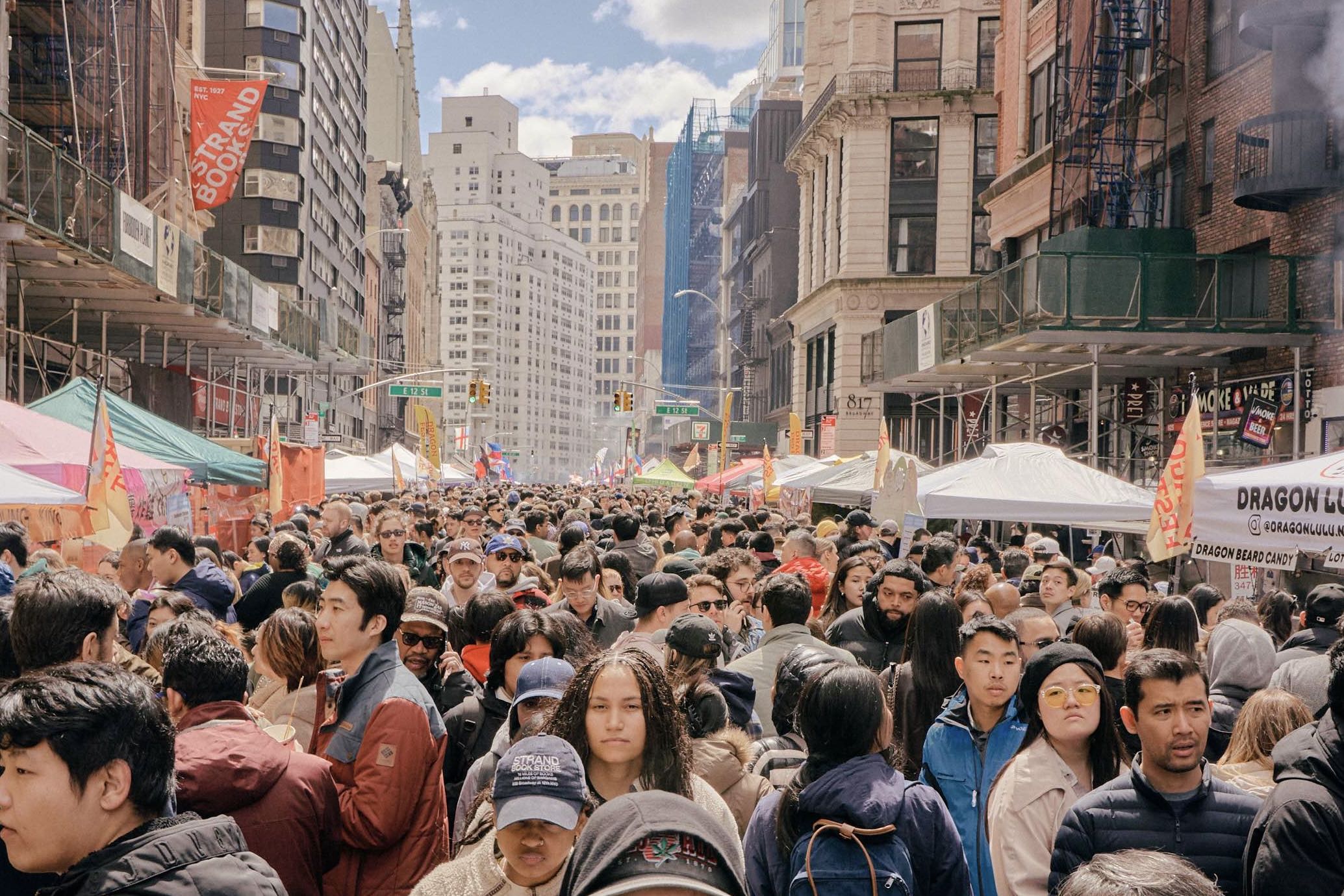What to Know
- Officials at Amnesty International are worried about El Chapo's living conditions at a New York federal jail
- The human rights group is concerned that the conditions imposed on the drug lord are "unnecessarily harsh" and possibly inhumane
- Guzman's lawyers complained about conditions in the Special Housing Unit, where prisoners spend 23 hours a day in 20-by-12-foot cells
An official with Amnesty International wants to interview Mexican drug lord Joaquin "El Chapo" Guzman about allegations he's being mistreated in the high-security wing of a federal jail in New York that's housed mobsters and terrorists.
The human rights group is "concerned that the conditions imposed on (Guzman) appear to be unnecessarily harsh and to breach international standards for humane treatment," Justin Mazzola wrote in a letter to federal prosecutors in Brooklyn, where the U.S. case against Guzman was brought.
Mazzola is seeking access to the Metropolitan Correctional Center in lower Manhattan amid reports that Guzman's health has deteriorated since he was brought to the United States in January to face charges that he oversaw a multibillion-dollar international drug trafficking operation responsible for murders and kidnappings.
The U.S. attorney's office declined to comment Thursday.
Amnesty International's request follows complaints by Guzman's lawyers about conditions in the Special Housing Unit — known by its acronym, the SHU, pronounced like "the shoe" — where prisoners spend 23 hours a day in 20-by-12-foot (6-by-3.7-meter) cells, prohibited from communicating with one another. In the past, the unit has held other high-profile, high-risk inmates like Gambino crime family boss John Gotti and several former close associates of Osama bin Laden.
In court papers, the defense has claimed an anxiety disorder that began during Guzman's imprisonment in Mexico has worsened to the point where he "has difficulty breathing and suffers from a sore throat and headaches." It also said he's experiencing "auditory hallucinations, complaining of hearing music in his cell even when his radio is turned off."
Local
The government has argued that the conditions are appropriate for someone who escaped twice from prison in Mexico, including once through a mile-long (1.6-kilometer-long) tunnel dug to the shower in his cell. Prosecutors said that even while he was behind bars in Mexico, Guzman used coded messages, bribes and other means to control his Sinaloa cartel and orchestrate his breakouts.
An examination by a jail psychologist, the prosecutors added, revealed that the defendant was hearing a radio played by a staff member. The back-and-forth over the radio continued in the latest defense filing, with lawyers responding that "unless that radio was playing Mexican music, Mr. Guzman is hearing non-existent sounds."
In a statement, Amnesty International called the request to see Guzman routine, given its history of advocating for the rights of prisoners held in solitary confinement.
"Under this line of work, we have monitored the situation of that Manhattan facility for years, and will continue to do so," it said.



